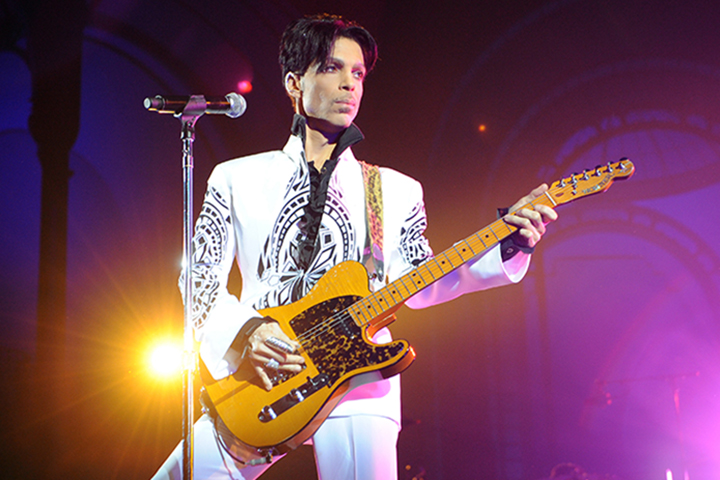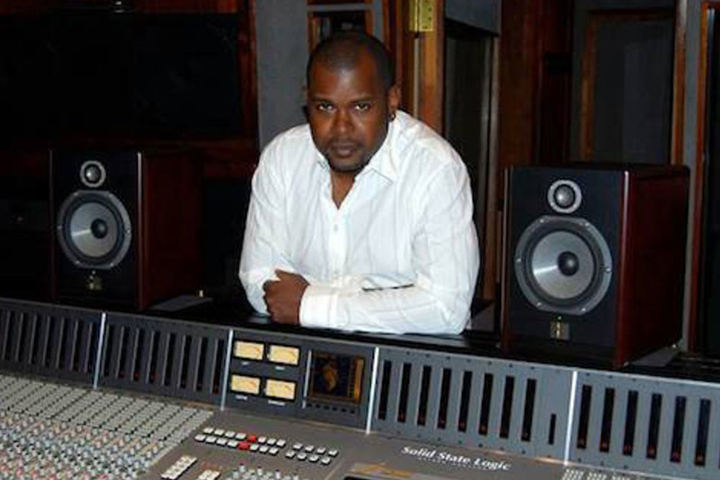George Ian Boxill, the sound engineer behind Prince‘s posthumous EP Deliverance (2017), has been ordered to pay almost US$4 million to the musician’s estate after attempting to release the six-song collection without authorization.

In a legally binding contract created with Boxill, the Deliverance recordings were Prince’s “sole and exclusive property,” as reported by Billboard.
The title track was released exclusively to all major streaming platforms on April 21, 2017 — exactly one year after the singer’s death — before Prince’s estate and Paisley Park Enterprises took legal action against Boxill.
An arbitration clause was then created in late August 2018 ruling that Boxill had to pay the estate for violating the contract he made with the Purple Rain rocker.
After failing to defend himself in the suit, Boxill was ordered to pay exactly $3.96 million to Prince’s estate on Monday by a judge in a Minnesota federal court.
READ MORE: Prince’s first posthumous single, ‘Mary Don’t You Weep,’ released

Get breaking National news
Deliverance was scheduled to be released through Vancouver-based independent record label Rogue Music Alliance (RMA).
Before its thwarted release, Boxill spoke with Rolling Stone, claiming that the reasoning behind his decision to partner up with RMA was because “bypassing major labels” is what “Prince would have wanted.”
Hours after the release of Deliverance, Prince’s team reportedly requested a temporary delay on the EP’s release in the form of a restraining order.
It was granted by the judge, however, the title track remained online as the ruling did not apply to the lead single.
Deliverance was supposedly recorded between 2006 and 2008. Boxill claimed to have been not only the co-producer but the co-writer as well.
Additionally, Boxill was ordered to surrender all recordings and properties he acquired through working with Prince to the estate.
READ MORE: Jackson family responds to ‘Leaving Neverland’ in 30-minute YouTube documentary
This week, Boxill reportedly accused the estate of misconduct and disregarding copyright laws in court. The Minnesota judge, however, refuted these claims, saying that there was no basis for them.
Prince died on April 21, 2016 at the age of 57 as a result of a drug overdose.
- After decades of streaming and digital, music fans returning to some old-school ways
- David Bowie’s daughter says she doesn’t ‘place blame’ on parents for rehab stints
- Radiohead tells ICE ‘go f**k yourselves’ for using song in immigration video
- ‘Trailer Park Boys’ actor Mike Smith to stand trial for sexual assault










Comments
Want to discuss? Please read our Commenting Policy first.